
Time for conversion
from abundance to the necessary
from exaggeration to frugality
from wanting to be satisfied
from addiction to freedom
Time for conversion
from hypocrisy to sincerity
from narrow-mindedness to broad-mindedness
from self-righteousness to goodness
from arbitrariness to clarity
from fickleness to faithfulness
Time for conversion
from the I to the Thou
from alienation to closeness
from indifference to sympathy
from grievance to reconciliation
from hostility to peace
Time for conversion
from noise to silence
from hectic to pause
from impatience to serenity
from distraction to composure
from the surface to the essential
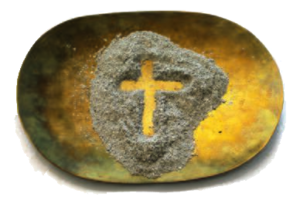
Tiempo de conversión
de la abundancia a lo necesario
de la exageración a la frugalidad
del deseo de tener a la satisfacción
de la adicción a la libertad
Tiempo de conversión
de la hipocresía a la sinceridad
de la estrechez de miras a la amplitud
del fariseísmo a la bondad
de la arbitrariedad a la claridad
de la inconstancia a la fidelidad
Tiempo de conversión
del yo al tú
del distanciamiento a la cercanía
de la indiferencia a la simpatía
del agravio a la reconciliación
de la hostilidad a la paz
Tiempo de conversión
del ruido al silencio
de la agitación a la pausa
de la impaciencia a la serenidad
de la distracción a la serenidad
de lo superficial a lo esencial
Letter to Fr. Jordan on his Beatification
 Dear Fr. Jordania,
Dear Fr. Jordania,
You are an inspiration to all Salvatorians and their friends who are impacted by your humble beginnings. You light the way for all of us ~ past, present and future ~ to be directed by your vision and mission. You have given of yourself to blaze an unparalleled trail in the community for us to follow with trust.
Your Priests are Priests forever in the Order of Melchizedek to serve sacramentally and spiritually. Your Brothers are bound together to serve the peoples’ needs and the Church’s directives. Your Sisters serve the unfortunate and marginalized bringing joy and hope to hearts. Your Lay bring their families to the Eucharistic Table encountering Jesus. They are fed spiritually, so that they may serve and feed the hungry of heart. Kontynuuj czytanie
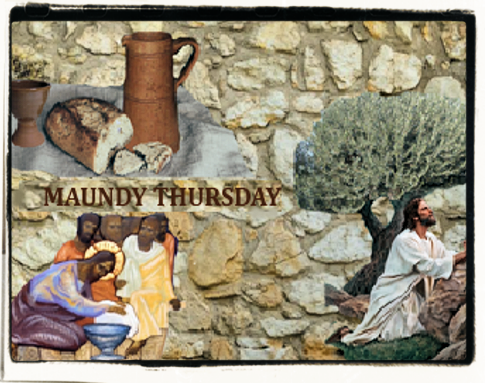
Sam Jezus myje nogi swoim uczniom i zaprasza nas do pokornej służby bliźnim”.:
“Kiedy ja, twój Pan i twój mistrz!, umyłeś twoje stopy, należy też umyć sobie nawzajem stopy. dałem przykład; co dla ciebie zrobiłem, powinieneś też zrobić” (Jan 13, 14-15).
Czujemy to samo, co apostołowie Kontynuuj czytanie
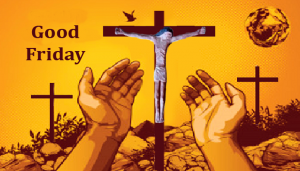
Jezus dał przykład Swojej wierności i miłości w najwyższym stopniu, nawet jeśli kosztuje Go to życie!.
Ty, z odległej krainy, utknął w zardzewiałej łodzi; Kontynuuj czytanie
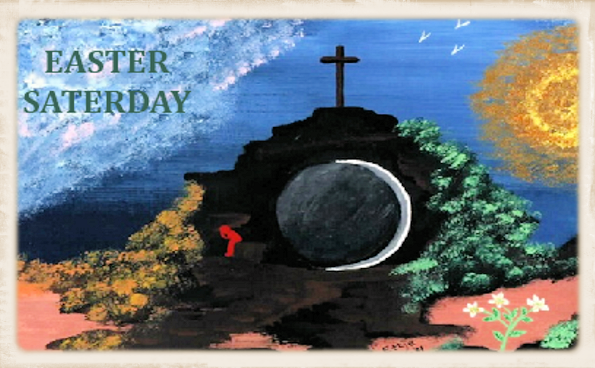
Ten cichy dzień zachęca nas do zatrzymania się i zastanowienia nad znaczeniem Jezusa’ droga życia i wierna miłość do Boga i ludzi aż do śmierci”.
Od śmierci do nowego życia Kontynuuj czytanie
język angielski – hiszpański – Deutsch – flamandzki – Francuski
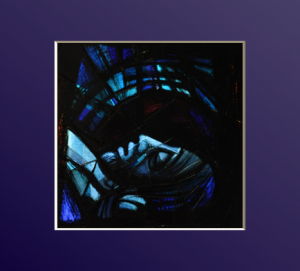
“Nicodemus, the one who had first come to him at night, also came bringing a mixture of myrrh and aloes weighing about one hundred pounds. They took the body of Jesus and bound it with burial cloths along with the spices, according to the Jewish burial custom. Now in the place where he had been crucified, there was a garden, and in the garden a new tomb, in which no one had yet been buried. So they laid Jesus there because of the Jewish preparation day; for the tomb was close by.” (Jan 19:39-42)
Joseph of Arimathea and Nicodemus wrapped Jesus, who had been freed from the cross, in a cloth and carried him to a nearby burial site. According to other sources, such as the Gospel of Mark, there were also a number of women among them. Nevertheless, it now seems to have been a rather family affair, in contrast to the crowd at the execution.
With the laying down and embalming in the new tomb (a symbol of the purity of Christ) Jesus now escapes the curious glances. Noise and turmoil remain, silence and concentration return. Finally, the heavy stone is rolled in front of the entrance to the tomb. This stone, it seems in the truest sense of the word, is supposed to have been the keystone among the affairs of Jesus of Nazareth. Was the chapter closed with him and all hope buried? Kontynuuj czytanie
język angielski – hiszpański – Deutsch – flamandzki – Francuski
Stacja 13: Jesus is taken down from the cross
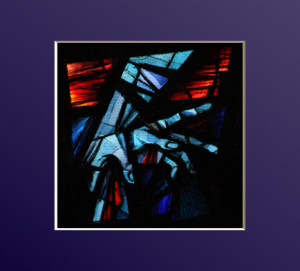
“After this, Joseph of Arimathea, secretly a disciple of Jesus for fear of the Jews, asked Pilate if he could remove the body of Jesus. And Pilate permitted it. So he came and took his body.” (Jan 19:38)
The image of the Pieta comes to mind, the image of Mater Dolorosa, the Mother of Sorrows. Jesus is taken down from the cross and placed in the arms of his mother. An adult human being, lifeless in the same arms that once carried Him and the womb that gave birth to him. A mother weeps for her child who she has brought to life and cared for years, with whom she had shared countless hours of joy. She is a picture of unspeakable grief, indescribable tenderness, and wordless despair.
Mary, the mother, loves with her whole being beyond physical death. Tak wiele wyraża się w tym cichym uścisku: to obraz miłości, dla której śmierć cielesna nie jest barierą i nie oznacza końca. Kontynuuj czytanie
język angielski – hiszpański – Deutsch – flamandzki – Francuski
Stacja 12: Jezus umiera w krzyż
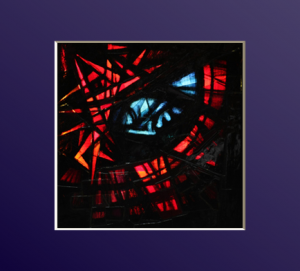
“A o trzeciej Jezus zawołał donośnym głosem, “Eloi, Eloi, lema sabachthani?” co jest przetłumaczone, “Mój Boże, mój Boże, dlaczego mnie porzuciłeś?” Niektórzy z przechodniów, którzy to słyszeli, powiedzieli:, “Patrzeć, wzywa Eliasza.” Jeden z nich pobiegł, namoczoną gąbkę winem, połóż to na stroiku, i dał mu do picia, powiedzenie, “Czekać, zobaczmy, czy Eliasz przyjdzie go zdjąć.” Jezus wydał głośny krzyk i wydał ostatnie tchnienie.“ (Ocena 15:34-37)
Ostatni akt ziemskiej miłości i czułości”: Jezus prosi ucznia Jana, aby zaopiekował się jego matką i prosi matkę, aby przyjęła Jana na jego miejsce. Both do not leave his side until the last breath.
Let us try to enter into this scene mentally. Before us lies only sadness, no comfort, no hope. – Everything seems to have come to an end… Kontynuuj czytanie
język angielski – hiszpański – Deutsch – flamandzki – Francuski
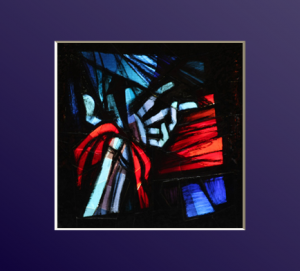
“Kiedy przybyli do miejsca zwanego Czaszką, ukrzyżowali go i przestępców,, jeden po jego prawej stronie, drugi po jego lewej stronie. Wtedy Jezus powiedział:, “Ojciec, przebacz im, nie wiedzą co robią.” (Łukasz 23:33-34)
Jezus, którzy zawsze nauczali otwarcie i swobodnie, jest teraz przybity. Jak kawałek drewna, który chwycisz, które masz do swojej dyspozycji. Zostaje ukrzyżowany i ponosi najbardziej haniebną karę, jaka istniała w tamtym czasie.
Bóg jest przybity przez ludzi, jego rozmiar zmniejszony. Poddaje się całkowicie. W swojej niesamowitej miłości do nas pozwala na to… Kontynuuj czytanie